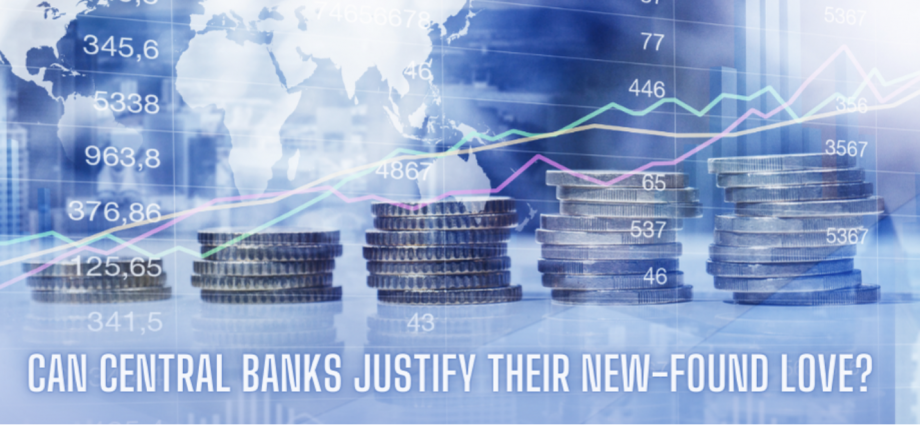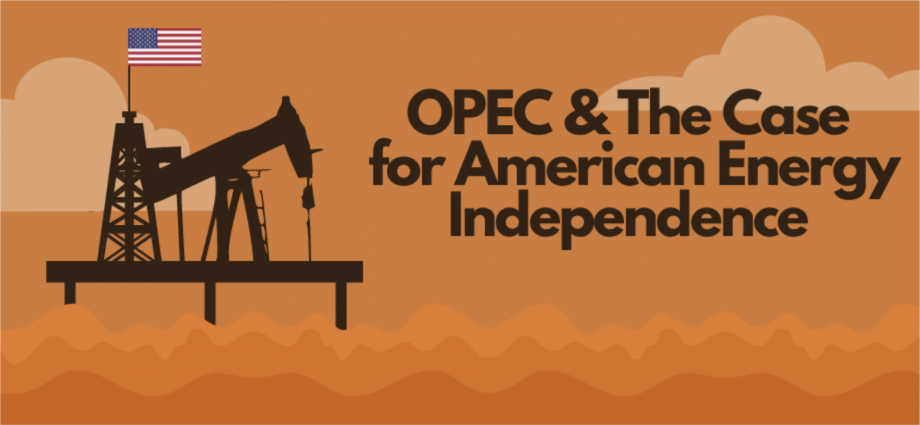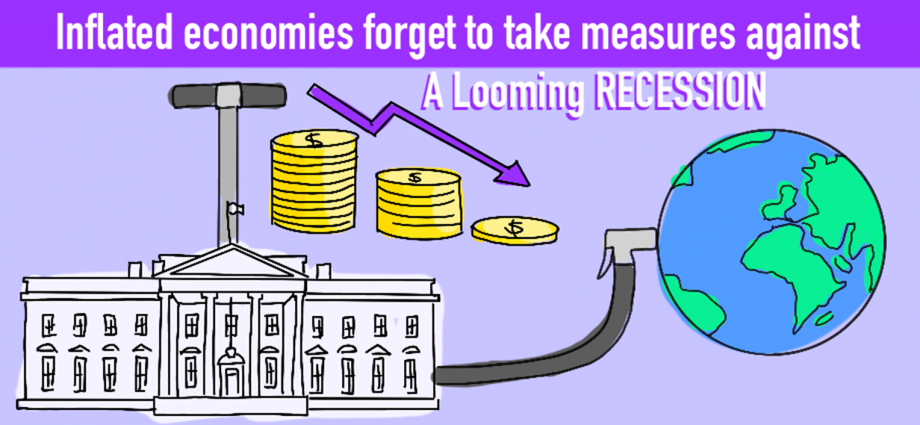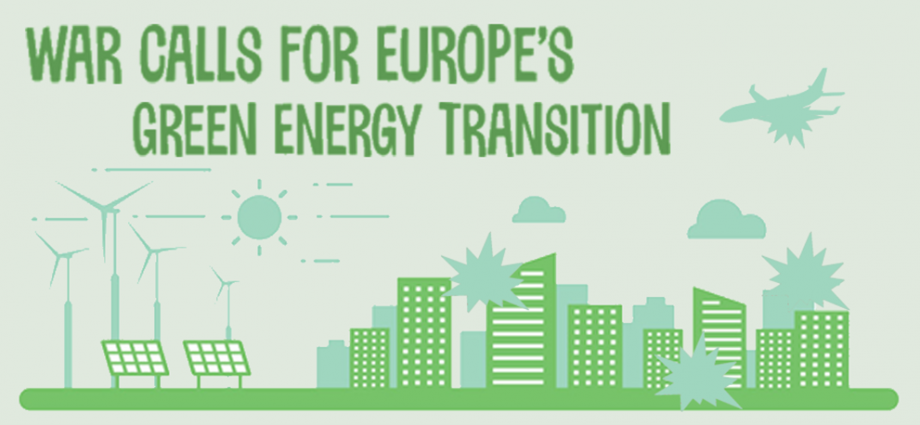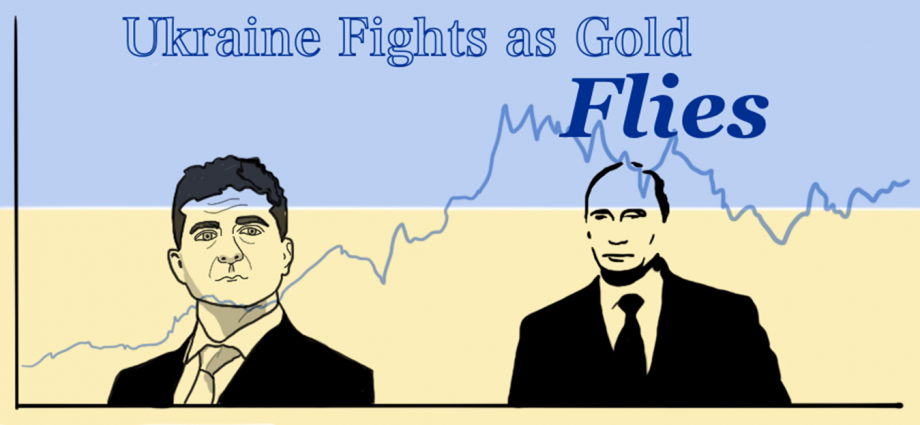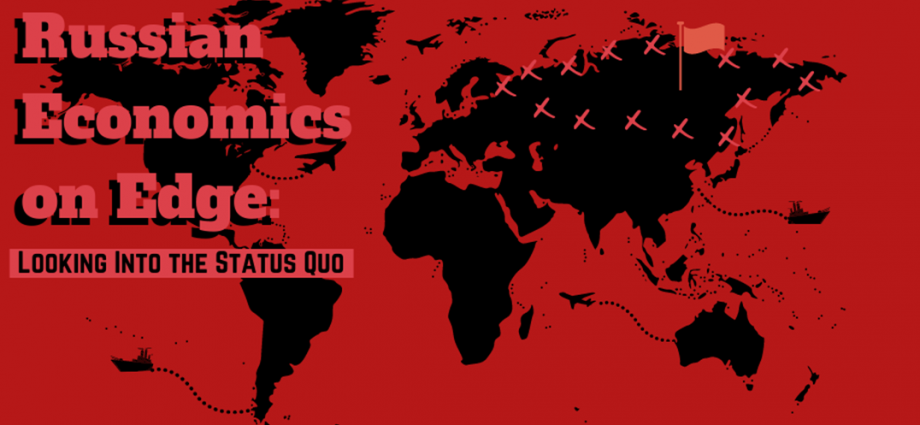The Weekly BluRB – April 7th, 2025
Are We Feeling Liberated Yet? Authors: Andrés Larios, Faith Spalding Editors: Andrés Larios, Faith Spalding Intro: Welcome to the Weekly BluRB, a newsletter catered to students and professionals seeking the latest news and insights on global markets. Get prepared for the week by reading four stories circulating around equity markets,Continue Reading

